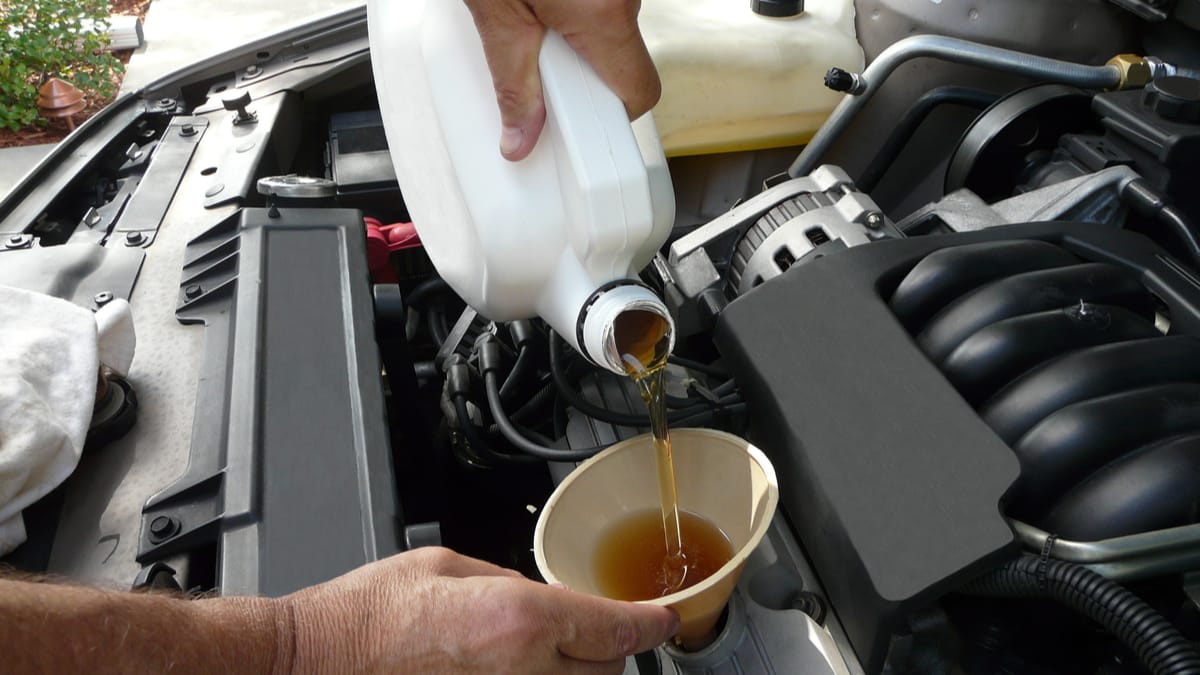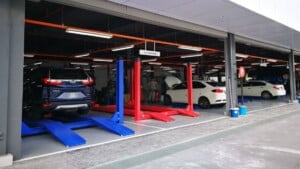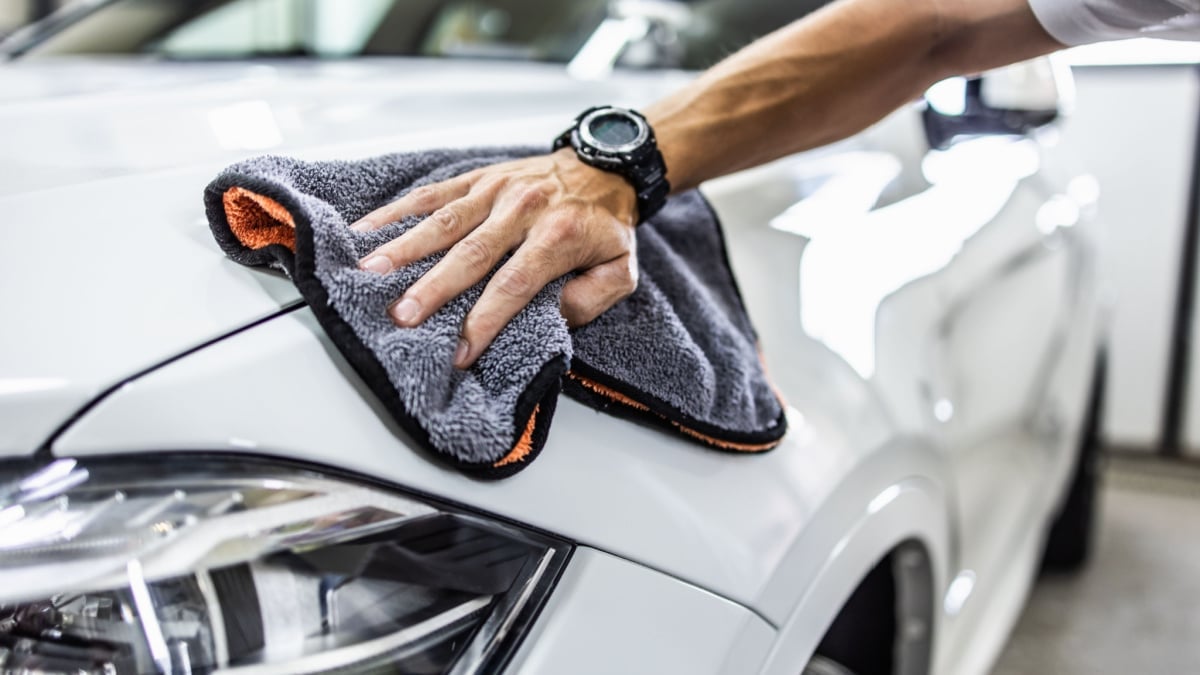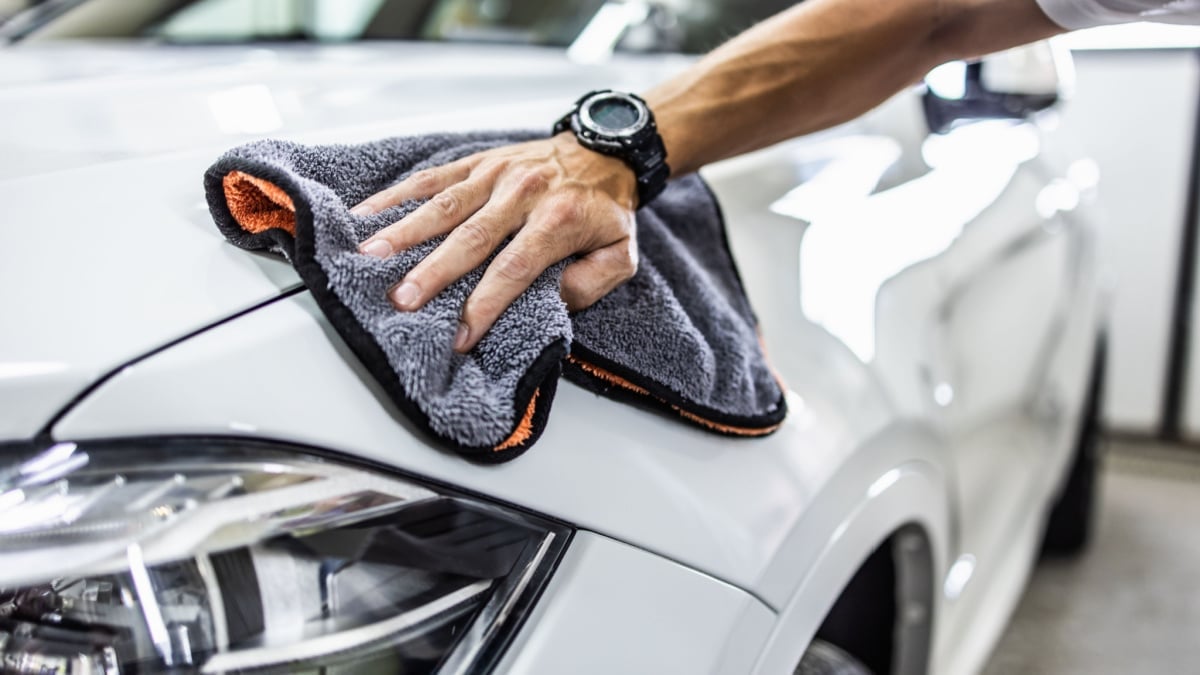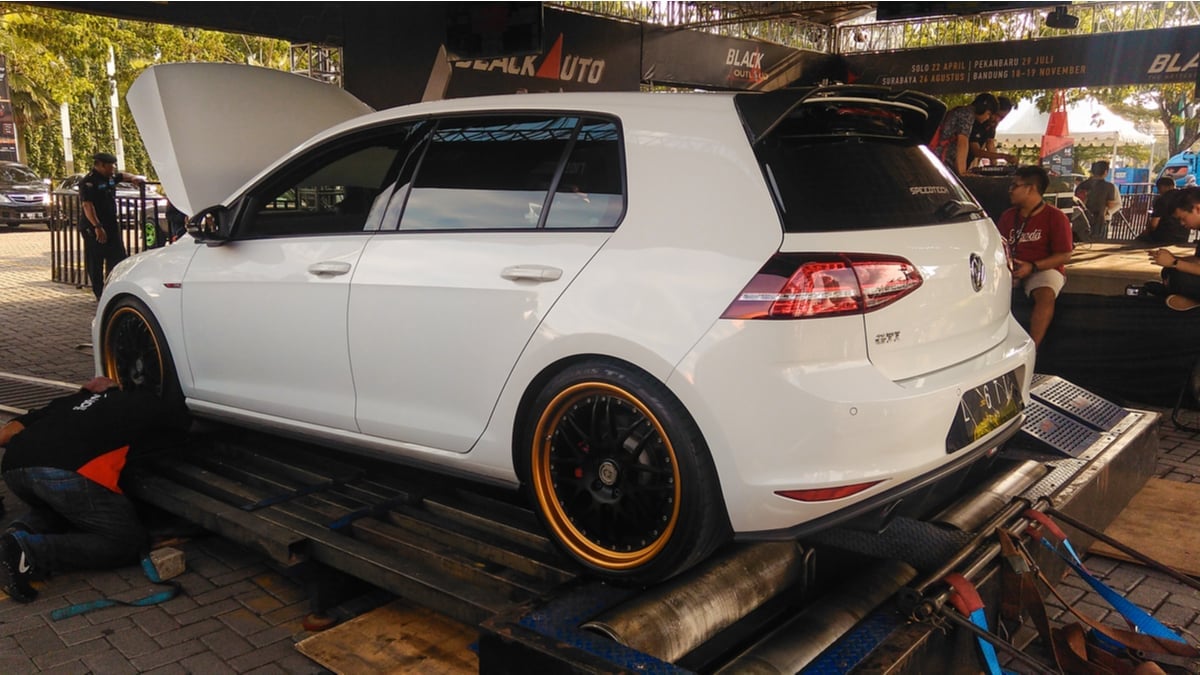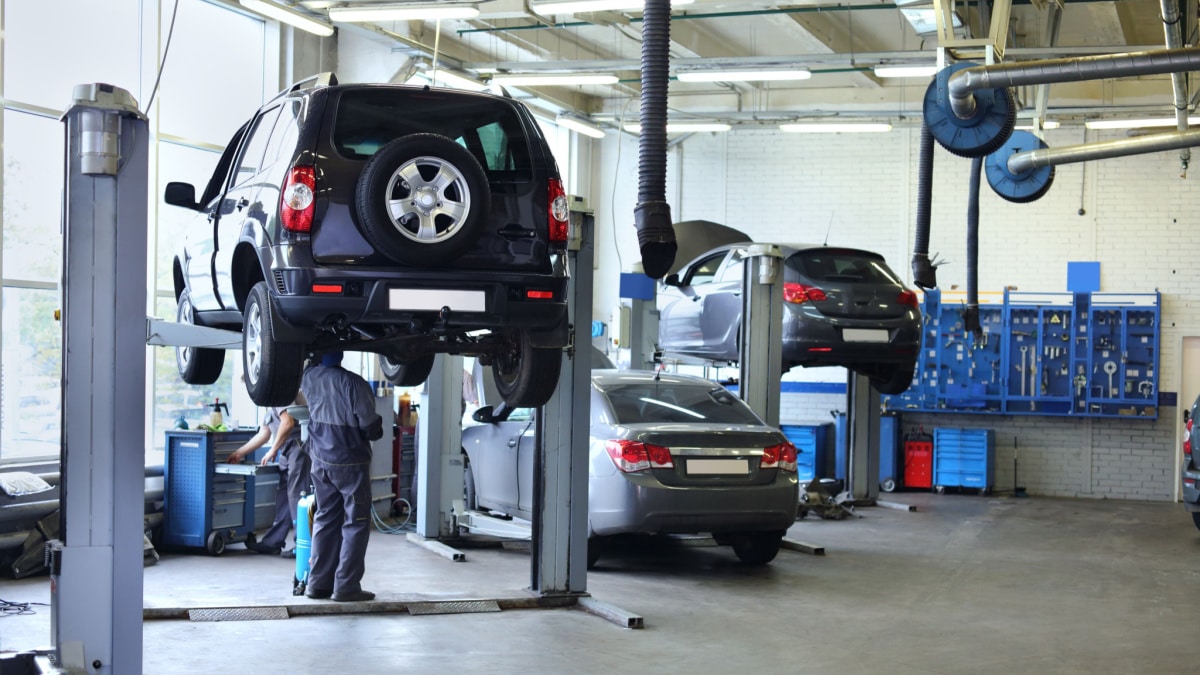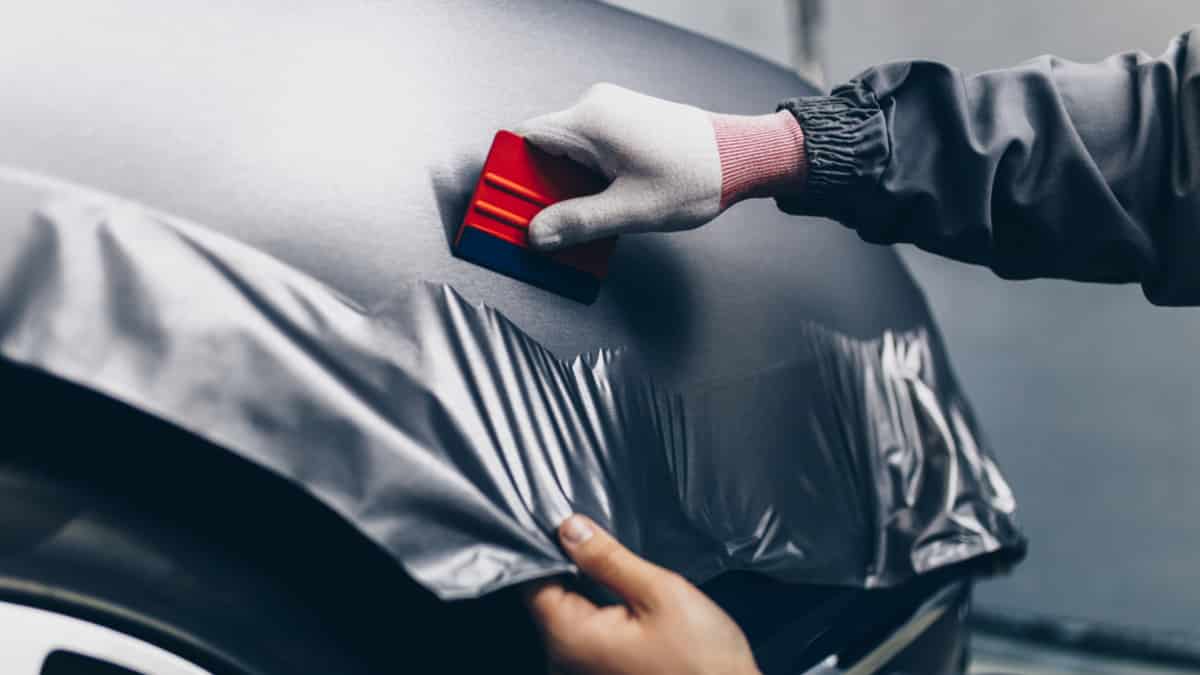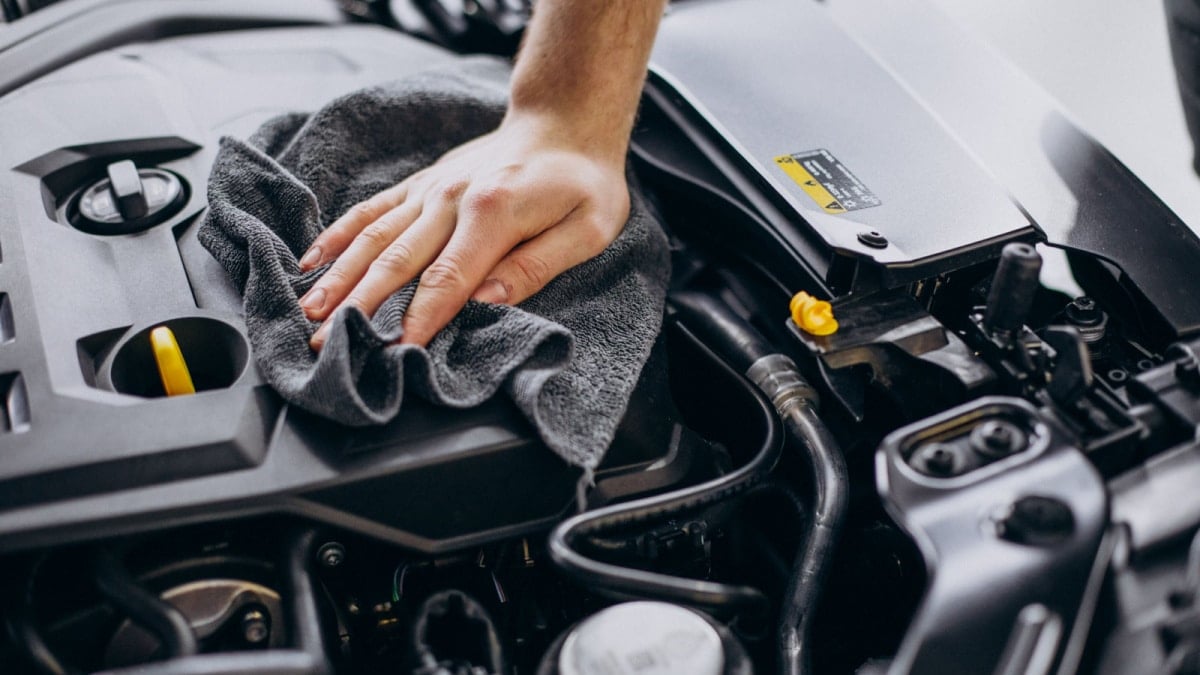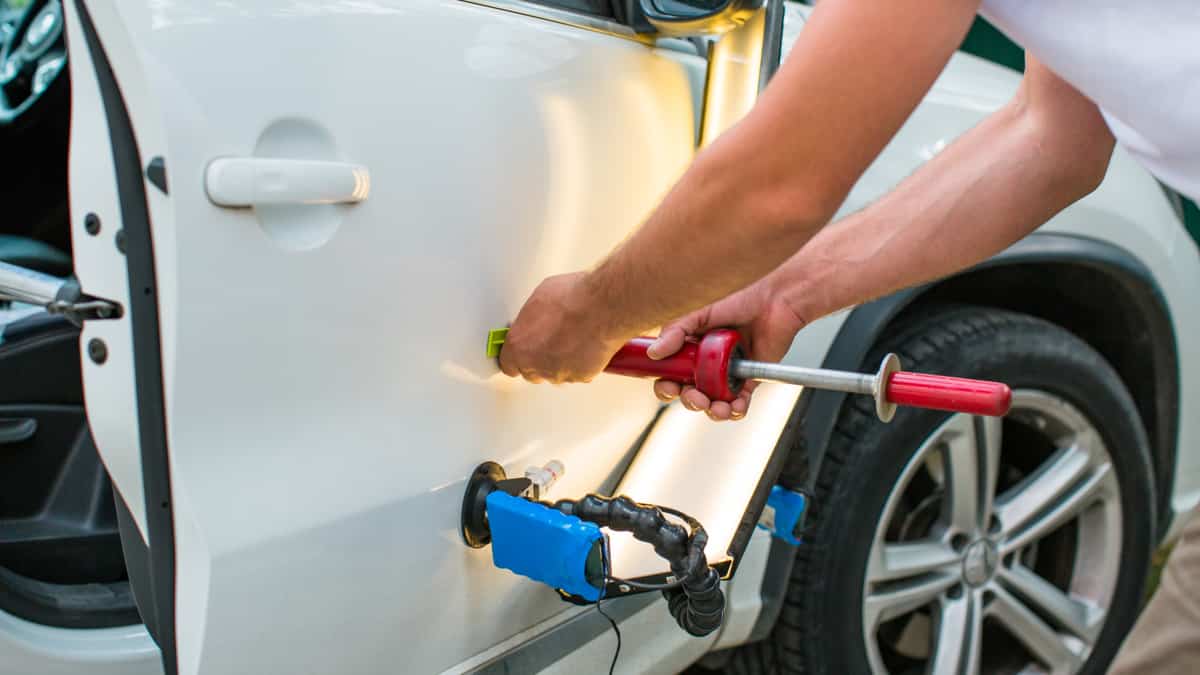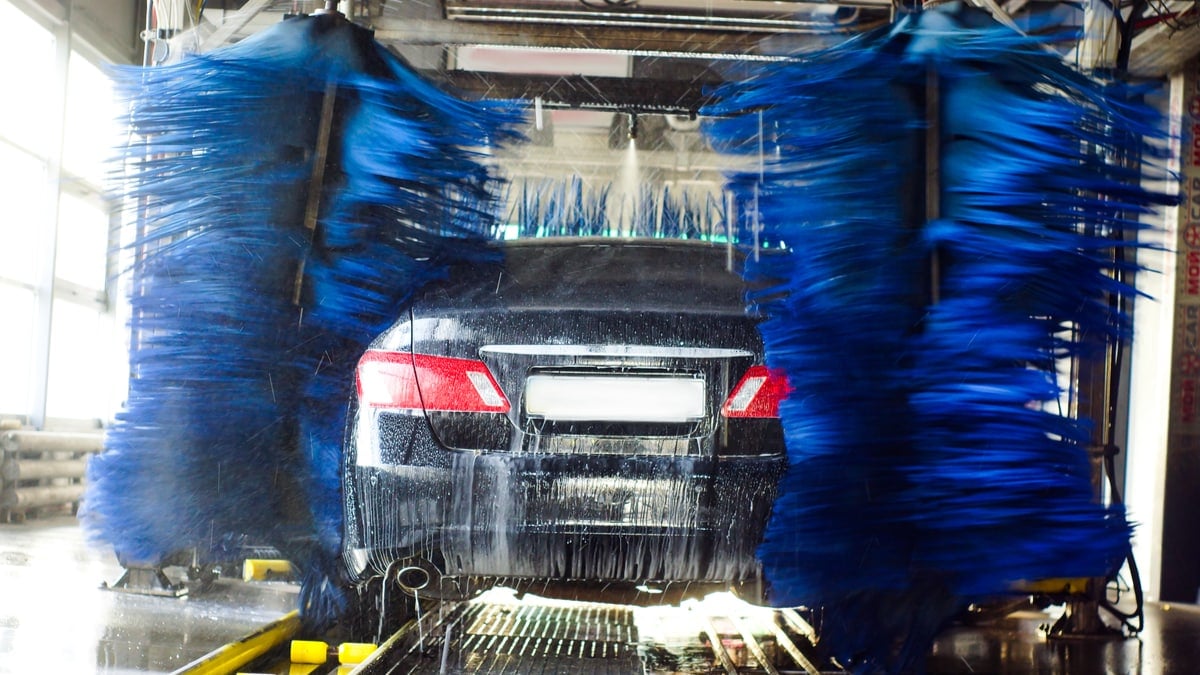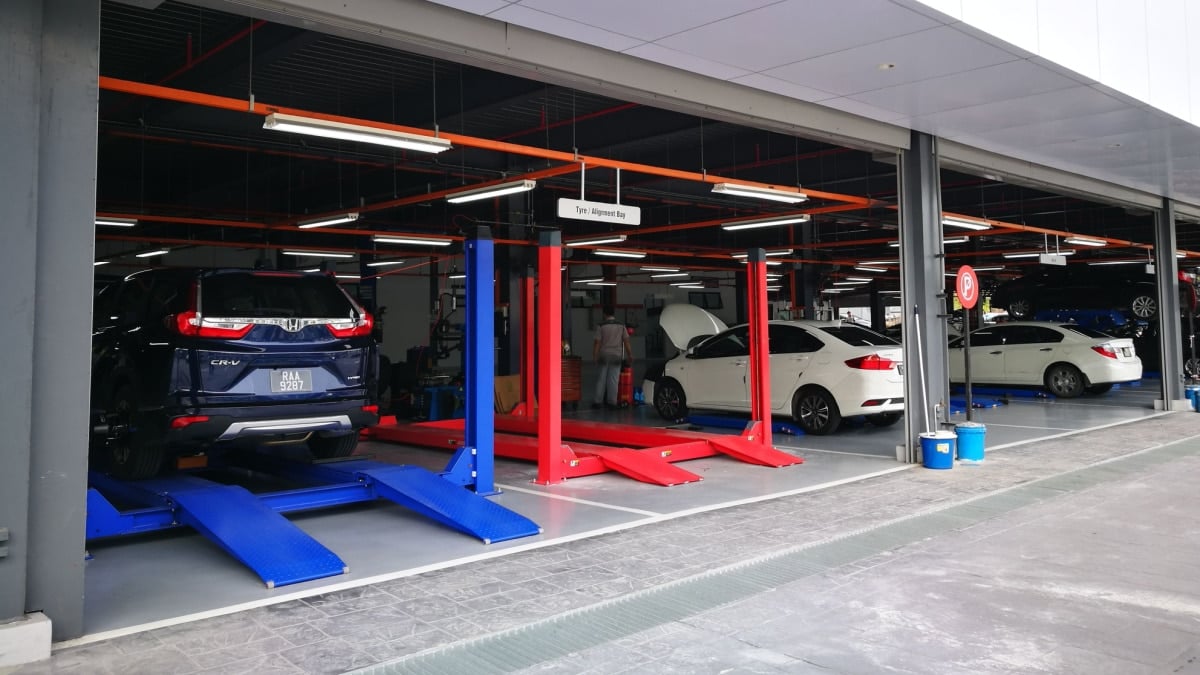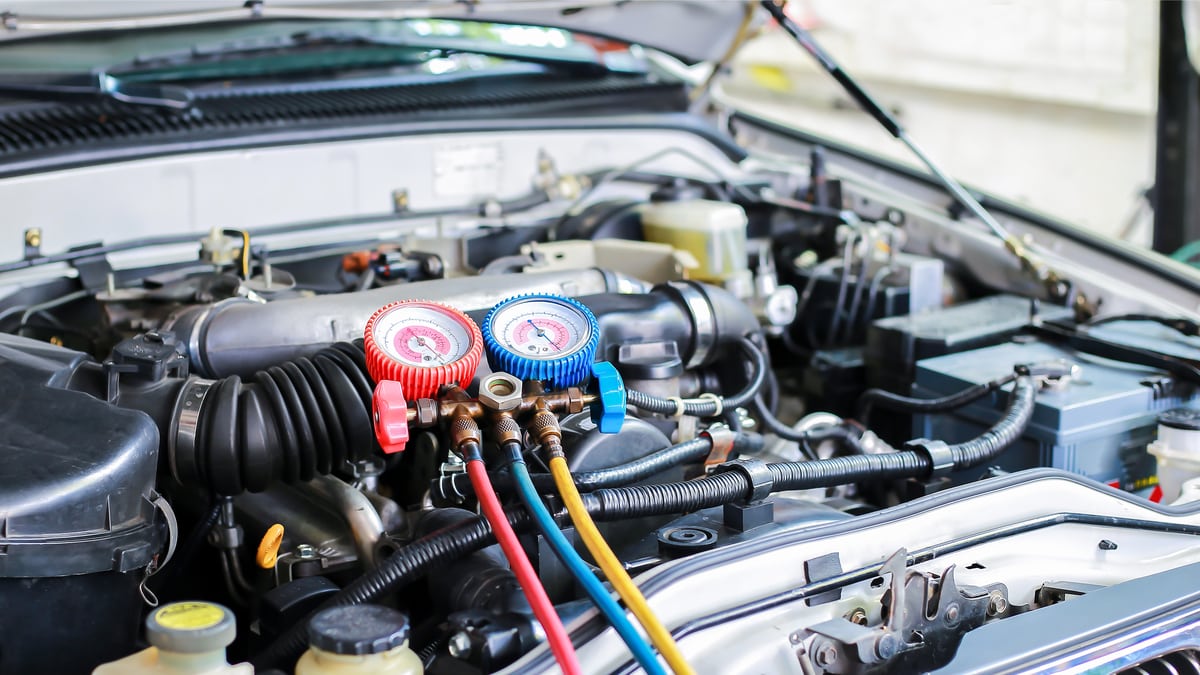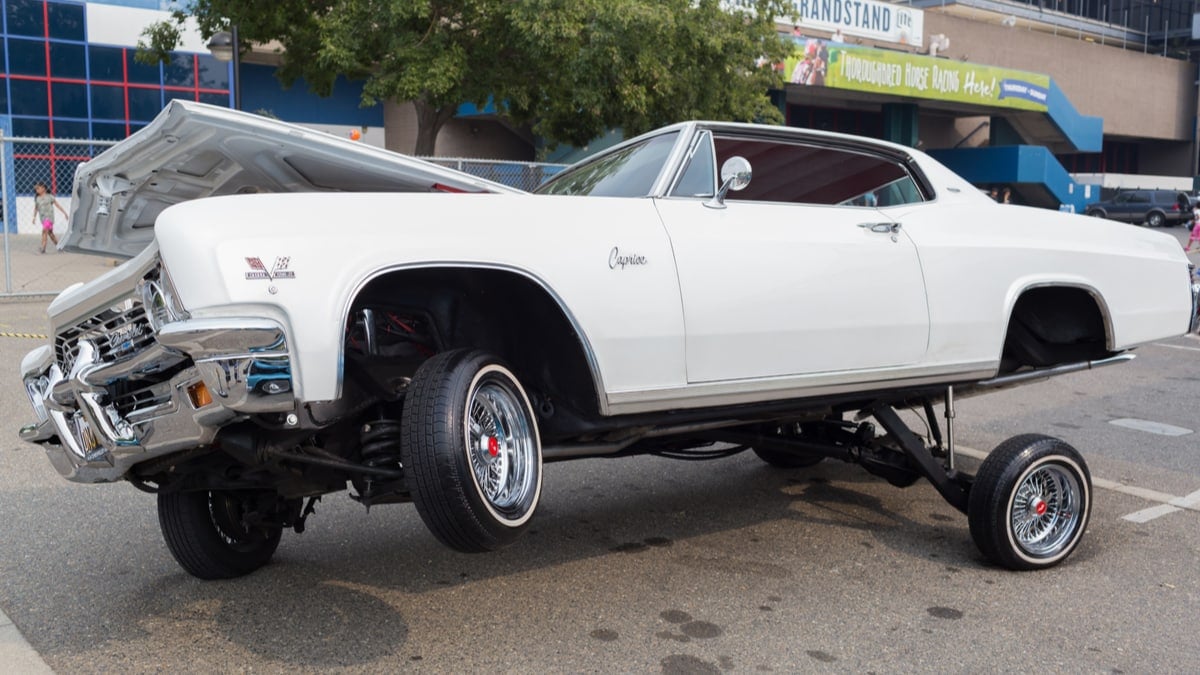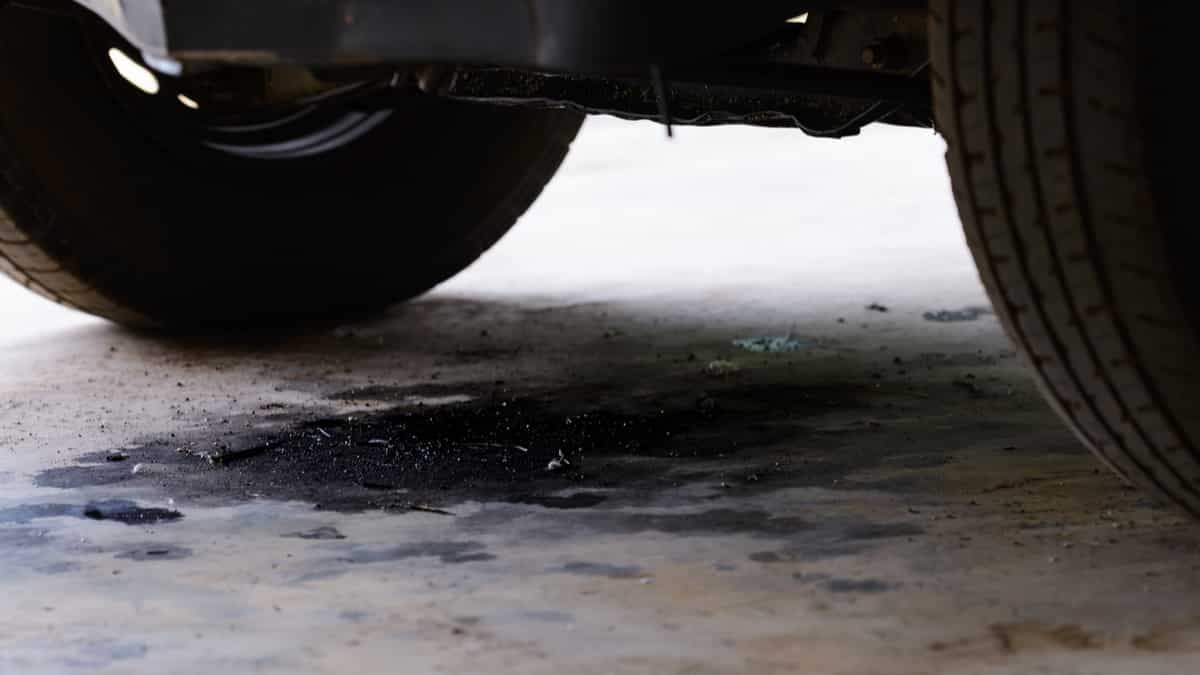Auto manufacturers are always pointing out the need for a car tune up. This term can be used to describe a number of services, leaving people to wonder – how much does a tune up cost? The price is going to depend on what services you get done.
In this guide, I evaluate what’s included in the tune up and a tune up costs. I also evaluate signs that a tune up is needed.
What is a Tune Up?
The term “tune up” is a generic way to describe performing maintenance tasks that keep the vehicle in its best shape. Depending on how many miles are on the odometer, you will need to get a few basic services performed, or a complete overall to a system.
Most manufacturers have a recommended maintenance schedule that shows you when you need various services performed. You can find this information in the owner’s manual.
How Much Does a Tune Up Cost?
The basic tune up cost is between $50 and $250 on average, while the advanced maintenance appointment could run $500 or more. The price depends heavily on what services are being performed, what type of vehicle you drive and the shop you visit for service.
If you can perform the tune up yourself, it’s possible to save a lot of money. With the DIY tune up, all you will need to pay for is the price of the parts and equipment, which will reduce the tune up cost drastically.
RELATED: 11 Car Maintenance Tips (Extend the Life of Your Car)
What Services Can Be Part of a Tune Up?
1. Oil Change
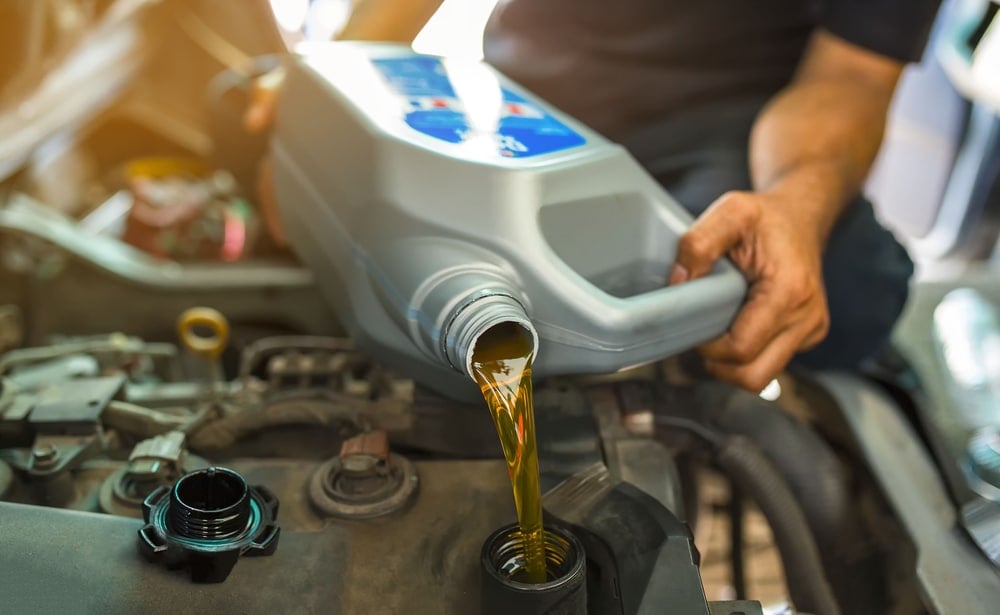
The engine oil change is one of the most basic tune up services that must be performed. It’s also the one that occurs most frequently. Your oil should be changed every 3,000 to 10,000 miles, depending on what type you use.
If you do the oil change yourself, you could spend less than $40 for the oil and filter. Even taking it to a professional shop, you can pay less than $75 for most vehicle types.
RELATED: How Much Does an Oil Change Cost?
2. Spark Plug Replacement
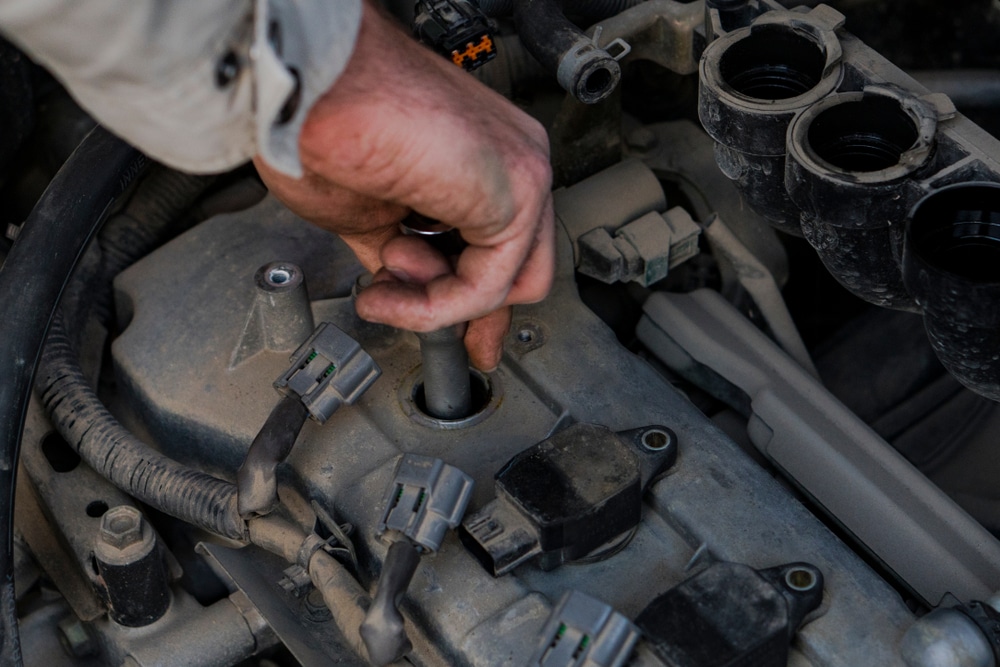
The spark plugs are needed to ignite the air-fuel combination in each cylinder. Over time, the spark plugs will wear out and have too much build-up to operate correctly.
Depending on what type of spark plugs you use, they might need to be changed every 30,000 to 100,000 miles. On average, the spark plug replacement will cost $100 to $200 for parts and labor.
3. Air Filter Change
There are two types of air filters that must be changed in your vehicle. Both the engine air filter and cabin air filter might be accessible enough for you to change yourself. Plus, they aren’t expensive.
Most air filters cost around $10 to $20. Plan to change the engine air filter every 15,000 to 30,000 miles, while the cabin air filter should be replaced every 15,000 miles.
4. Fuel Filter Replacement
The fuel filter protects the system from any debris or contaminants. When the fuel filter becomes clogged, it reduces engine performance because the motor isn’t getting the gas it needs.
Most fuel filters need to be replaced every 20,000 to 30,000 miles. If you can perform the tune up yourself, you might only spend around $25.
RELATED: 5 Symptoms of a Clogged Fuel Filter (& Replacement Cost)
5. PCV Valve Replacement
The positive crankcase ventilation valve is part of the car’s combustion system. It helps to release excessive emissions from the combustion process to maintain the correct amount of pressure.
You should replace the PCV valve every 30,000 miles, before it gets clogged. If you can replace the valve yourself, the part should only cost around $10 to $20.
6. Brake Pad Replacement
Your car’s brake pads are responsible for slowing down the wheels to stop the vehicle in time. As the brake pads wear, they become less effective.
Brake pads should be replaced every 10,000 to 20,000 miles, while rotors could last about 50,000 to 70,000 miles. A complete brake pad and rotor replacement might cost you around $400 to $600.
7. Transmission Fluid Flush
This fluid is needed to keep the transmission properly lubricated and running its best. When the fluid starts to break down, there will be excessive friction to the internal parts.
Many manufacturers recommend a transmission flush every 30,000 miles. On average, you could spend anywhere from $150 to $300 for this fluid flush.
8. Cooling System Flush
The cooling system circulates antifreeze to keep the engine running at an appropriate temperature. However, the coolant can become contaminated over time, requiring a complete flush to keep the system running.
On average, you might want to have a coolant flush every 30,000 miles. This service might cost $50 to $250.
9. Power Steering Flush
Another fluid that should be addressed is the power steering fluid. This hydraulic fluid also gets contaminated and dirty, reducing its effectiveness.
This service might need to be performed every 50,000 to 75,000 miles. It should cost an average of $40 to $150.
10. Oxygen Sensor Replacement
Oxygen sensors are used to monitor the levels in the air-fuel mixture. The information is then sent back to the ECU to determine if any adjustments need to be made.
You should replace the oxygen sensors every 60,000 to 90,000 miles before there is a problem. Most oxygen sensors cost about $125 to replace.
Signs Your Car Needs a Tune Up
1. Check Engine Light
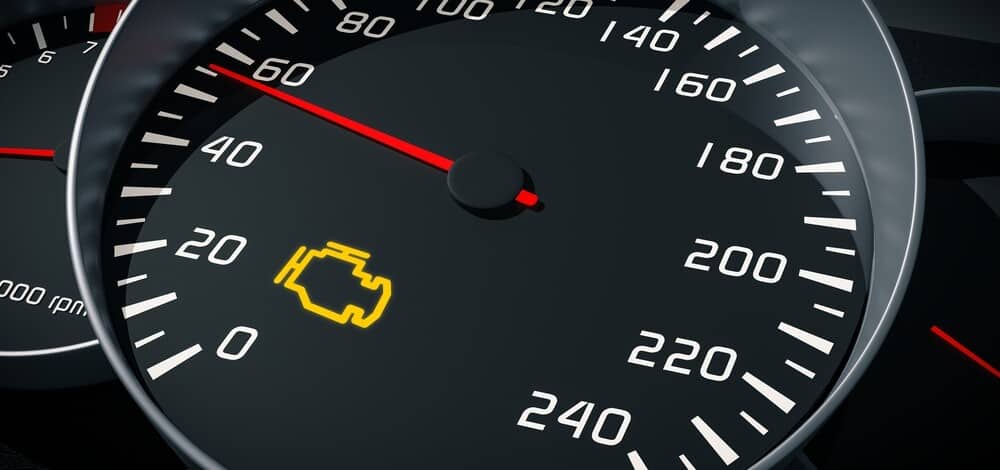
When the Check Engine Light comes on, any number of problems could occur. With your code scanning tool, you can determine what part is defective and what requires replacement.
In many cases, it is something simple that can be fixed with a tune up service. Either way, you should stop driving so further damage doesn’t occur.
2. Reduced Fuel Economy
When the engine isn’t running as intended, fuel efficiency decreases. As the engine has to work harder, your car will burn through more fuel.
The average tune up cost isn’t too much. When you consider the benefits of fuel economy, you can make money back at the pump.
3. Trouble Stopping Vehicle
You should be able to get your vehicle stopped quickly whenever you step on the brake pedal. If it’s taking longer to get the vehicle to stop, you want to have the brakes looked at.
The longer you let this problem continue, the more damage that might occur. While you might only need a brake pad replacement, allowing it to go on further could turn into worn brake rotors too, costing you more money during the service.
4. Erratic Shifting
When the transmission fluid becomes contaminated, you will notice issues shifting. There is a lack of lubrication in the transmission, causing permanent wear of the internal components.
By performing regular transmission fluid flushes, you ensure the transmission lasts longer. It will also perform at top levels, giving you more control on the road.
5. Strange Vibrations
You should never ignore any vibrations coming from the car. If you are holding on to the steering wheel and feel a shaking sensation, something isn’t right.
The engine might be misfiring or there could be a need for service to the steering system itself. Either way, it’s best to have it checked out before the vibrations affect the handling.
6. Unusual Sounds/Smells
It’s important to use all of your senses to ensure on-road safety. If there are any strange odors, such as smoke, oil or coolant, you want to have it looked at.
Additionally, strange sounds can often help you determine what’s going wrong. Listen for squealing, squeaking, thumping, knocking or pinging noises.
Can I Do My Own Tune Up?
If you want to save some money, it’s possible to perform your own automotive tune up. Many of the basic services, such as a filter or oil change, require minimal tools and expertise. Some of the other services might require advanced knowledge or some unique tools, so check the service manual before proceeding.
If you are ever in doubt, talk to a professional mechanic about the tune up services. You should always trust the experts if you aren’t sure how to handle the service outlined in your owner’s manual.
What does a full tune up consist of?
There is no fixed “full tune up” that consists of the same procedure everywhere. During a tune-up, everything is checked and necessary parts and oils are changed. However, a full tune-up may consist of changing the filter, brakes, changing the oil and a full inspection of the vehicle.
How often should you get a tune up?
There is no set schedule for when to get a tune up, and it depends on your car model. But a good rule of thumb is to get a tune up every 10,000 to 12,000 miles, or every year.
How long does a tune up take?
A tune-up can take anywhere from 30 minutes to 6 hours, depending on the type of tune up being done and how many parts need to be replaced. Ask your mechanic before they begin with the tune up for the expected time frame.
What fluids are changed in a tune up?
Usually, only the engine oil is changed during a basic tune-up and the other fluids are only topped up and checked. If the mechanic finds any bad fluid, they will ask you to replace that fluid during the tune up as well.
A tune-up service can be a very different amount of work, depending on what you want to get done. A basic tune up cost is between $50 and $250, while it can cost much more if you want a more extensive tune up.
While it may be tempting to save money by skipping the required maintenance procedure, regular tune-ups are important to keep your car running smoothly and prevent more expensive repairs down the road. While the tune up cost may seem quite expensive, you will for sure save some money in the long run.
Learn more:
- How Much Does A Car Service Cost?
- Full Service Car Wash – What Is it? Pros and Cons
- What Does a Full Car Service Include? (& What does it cost?)
Categories: Estimator, Maintenance
